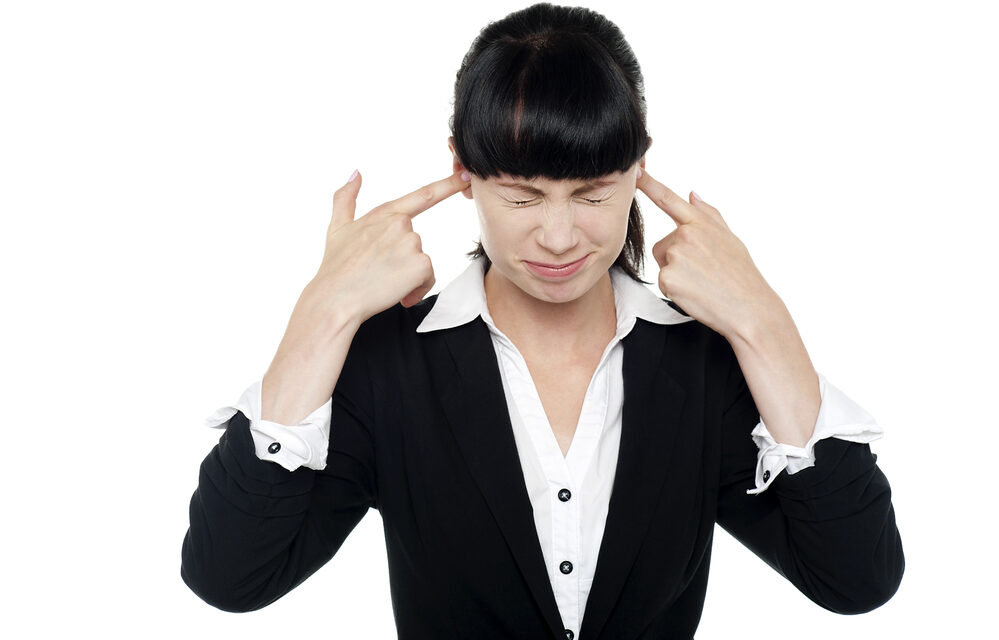By Annette Pinder
Does the sound of someone running water, turning the pages of a newspaper, or even someone speaking at a normal volume strike you as unusually loud? If so, you may have hyperacusis, a rare condition also known as decreased sound tolerance (DST). People who have DST often feel irritable and anxious, and even avoid social situations to minimize their sensitivity to sound. According to the Cleveland Clinic, as many as 3.2% to 17.1% of children and adolescents and 8% to 15.2% adults have DST.
There is no scientific way to measure DST, but researchers think it may be related to how a person’s brain structures control their sound perception. They also think it may be due to damage to the auditory nerve system which carries sound signals from the inner ear to the brain, or possibly facial nerve damage, as the facial nerve controls the muscle that regulates sound intensity.
The Cleveland Clinic notes that DST is more commonly found in those who who’ve been exposed to loud music for extended periods of time, such as rock musicians, or construction workers. About 90% of people with DST also have tinnitus, and nearly 50% suffer from other conditions, such as anxiety, depression, autism, Lyme disease, Ménière’s disease, migraines, post-traumatic stress disorder (PTSD), temporomandibular joint syndrome (TMJ), and Williams Syndrome. Some people develop DST following surgery or in reaction to a medication.
Obtaining a definitive diagnosis of DST can be difficult, but audiologists can help identify the problem. Treatment usually consists of reducing physical symptoms and teaching coping strategies, such as sound therapy, cognitive behavioral therapy, and tinnitus retraining therapy. Individuals with DST as a result of facial nerve paralysis can receive help with surgery. While there sn’t a cure, symptoms can improve with time, depending on the cause. One example is Ménière’s disease from which patients experience improvement if the disease goes into remission. The Cleveland Clinic emphasizes that “DST is not a mental illness, but rather a hearing disorder that is also commonly associated with mental health conditions, such as anxiety and depression.”
It is important to see a healthcare provider if you are perceiving sounds as unusually loud and bothersome, that most people hear normally. You should also not attempt to drown out the sound with noise-canceling headphones or earplugs, as doing so may only worsen your symptoms. While it may take some time to discover what’s causing your condition, sound therapy and cognitive behavioral therapy have helped people with DST cope with their symptoms. If is also important to determine if you have an underlying condition that is causing your DST, because help is available.
Buffalo Hearing & Speech Center audiologists have expertise with a variety of hearing-related issues, including being able to assist with hearing aids, regardless of whether or not you are a current patient. Visit www.askbhsc.org to learn more about the breadth of their services, including various clinic locations. To make an appointment, call 716-885-8318.












